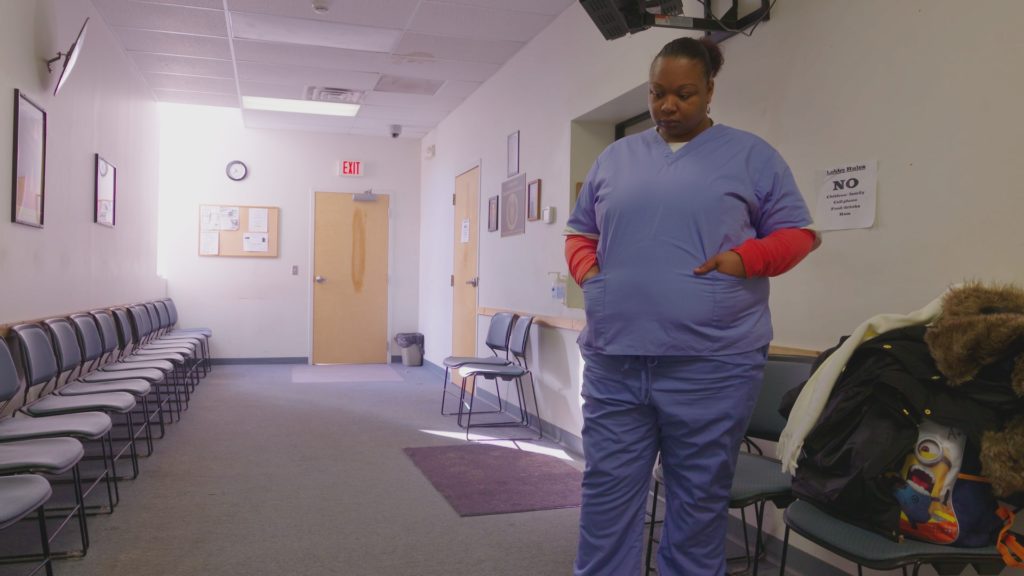What Happens When You’re on Parole and Fail a Drug Test?

July 18, 2017
Share
If you’re one of the more than 4.5-million people on parole or probation across America, and you fail a drug test, what happens to you?
Once upon a time, you might’ve been locked up immediately.
But now, in an effort to reduce prison populations and lower recidivism rates, some states are giving individual parole officers more discretion. Rather than automatically sending people who violate their parole restrictions back behind bars, officers can instead choose to dole out a second chance after relatively minor infractions.
That’s the case in Connecticut, a state whose efforts to rethink its parole system are the subject of a new documentary from FRONTLINE and The New York Times called Life on Parole.
From Oscar-nominated and Emmy Award-winning filmmaker Matthew O’Neill, the documentary follows four former prisoners as they navigate the challenges of more than a year on parole while under intense supervision from the state.
One of those prisoners is Jessica Proctor, who spent nearly a decade in prison for assault with physical injury and is now on parole for five years. In this scene from Life on Parole, Proctor has enrolled in a certified nurse assistant program and is struggling to reconnect with her son. But then, she tests positive for marijuana.
Watch what happens when she meets with her parole officer, Katherine Montoya, who could send her to jail.
Instead of putting Proctor in handcuffs, Montoya — who helped start a special unit in Connecticut devoted exclusively to the needs of women parolees — zeroes in on what contributed to Proctor’s lapse: Stress about rebuilding her relationship with her son.
“What is happening with her is pretty common of women that come out. There’s always this, like, pressure to try to make up for lost time,” says Montoya. “I have to give her the benefit of the doubt. I have to believe that she is going to do good, because I make a living on second chances. That’s what parole is.”
“If I was to lock up everyone that’s run into Jessica’s situation,” Montoya adds, “I wouldn’t have a caseload.”
Watch Proctor’s story unfold in Life on Parole, available now on the FRONTLINE website. Or watch on PBS on Tuesday, July 18 starting at 10 p.m. EST (check local listings).

Related Documentaries
Latest Documentaries
Related Stories
Related Stories
Explore
Policies
Teacher Center
Funding for FRONTLINE is provided through the support of PBS viewers and by the Corporation for Public Broadcasting, with major support from Ford Foundation. Additional funding is provided the Abrams Foundation, Park Foundation, John D. and Catherine T. MacArthur Foundation, Heising-Simons Foundation, and the FRONTLINE Trust, with major support from Jon and Jo Ann Hagler on behalf of the Jon L. Hagler Foundation, and additional support from Koo and Patricia Yuen. FRONTLINE is a registered trademark of WGBH Educational Foundation. Web Site Copyright ©1995-2025 WGBH Educational Foundation. PBS is a 501(c)(3) not-for-profit organization.






















